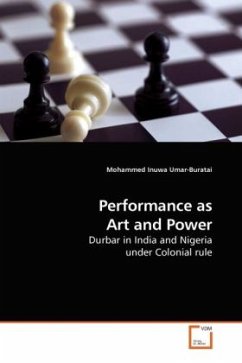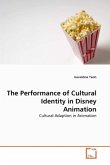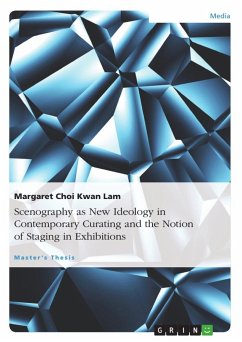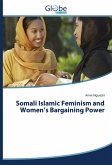The problems of ethnic cultural politics are at the root of cohesion and effective governance in the modern nation state. The state in pre-colonial Africa deployed the oral/performative forms to achieve incorporation, because it facilitated knowledge about the everyday social life of a people and how meanings are negotiated. The question is how does the recourse to specific cultural practices affect the discourses of social inclusion and equality in the multiethnic and multicultural modern nation state? Indeed, how have African intellectuals, politicians, activists and artists critiqued cultural nationalism in the multiethnic nation state? It is argued that whereas the function of durbar in India seems to have been performed and concluded, the influence of the Emirs on the ruling class in Nigeria continues to endow durbar as an element of the dominant hegemony of the state with consequences for cohesion and effective nation building. In the different cultural contexts that durbarobtained under the British Empire, the book unravels the power-culture interface in the modern nation state arguing that the colonial background of the state consigns it to the patrimonial realm.
Bitte wählen Sie Ihr Anliegen aus.
Rechnungen
Retourenschein anfordern
Bestellstatus
Storno








